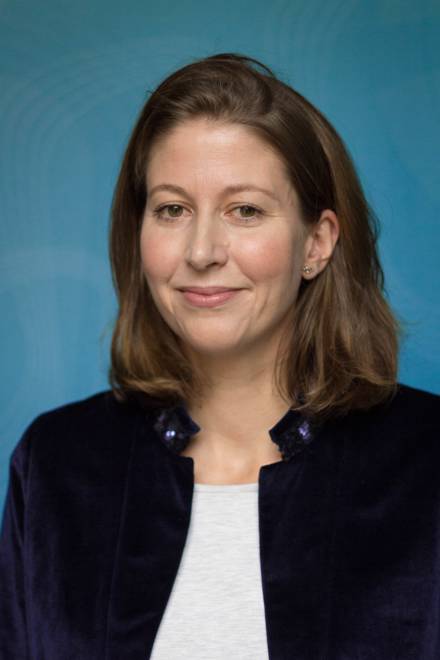
Russia’s recent invasion of Ukraine follows many years of strengthened autocratic rule, and accumulation of power in Putin’s hands. This is not a unique development, indeed, over the last decade an autocratization wave has swept across the globe and largely cancelled-out democratic improvements made going as far back as 1990. Research has shown that the type of autocratic rule that Russia has, a personalized dictatorship, is especially likely both to initiate as well as lose wars. Moreover, research also shows that personalized dictatorships are more likely to be ousted when facing large-scale non-violent mobilization. While the anti-war protests in Russia have yet not materialized as broad-based large-scale protests, likely to oust Putin from rule, we do not know what the future holds. Indeed, personalist regimes tend to seem extremely stable, until they suddenly are not. In this presentation I will present recent research on regime types, war and mobilization processes, and discuss the prospects for the regime to be ousted. While it remains more likely that he keeps power, the likelihood of Putin being ousted, is probably higher than it has been before.